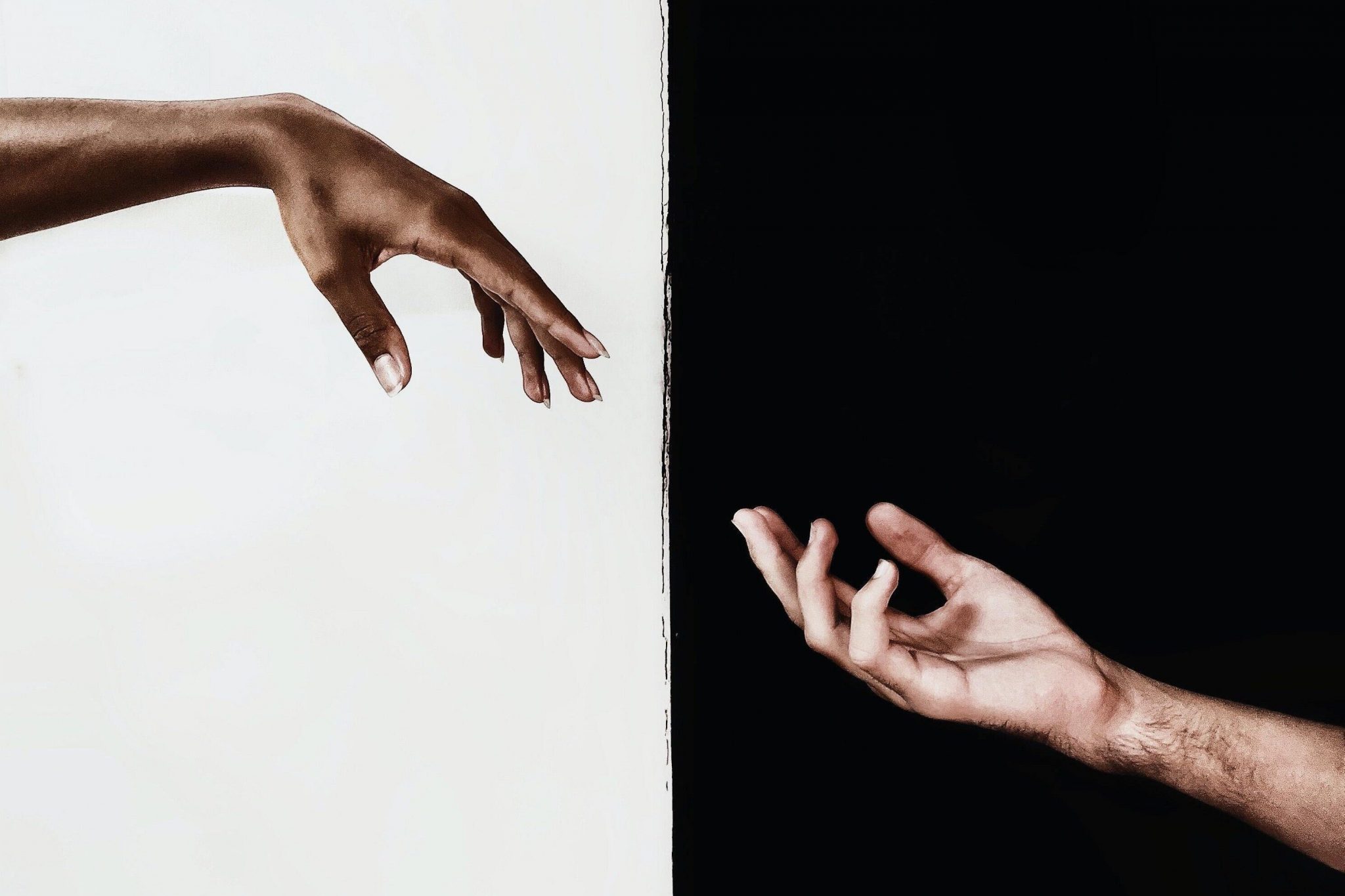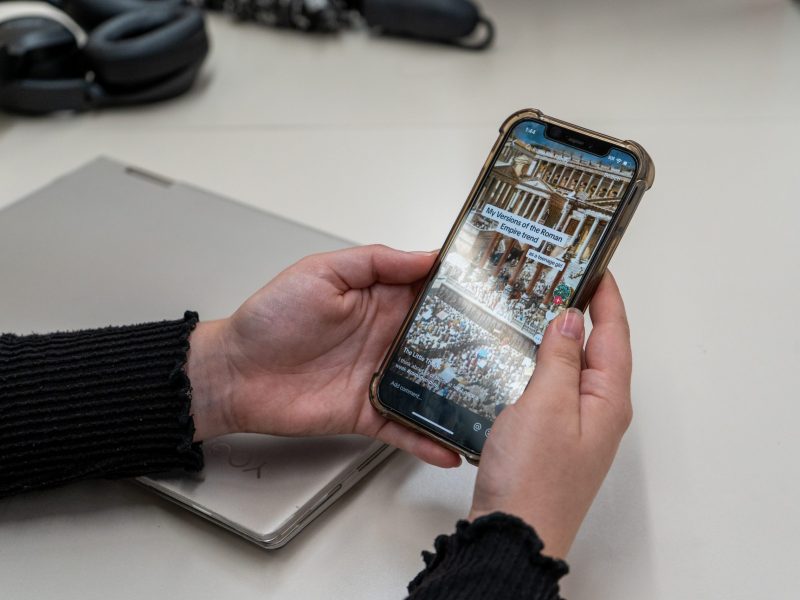Throughout my life, I have run into personal struggles regarding colorism and how it affects my self-esteem.
I know I’m not alone, as issues associated with colorism plague all aspects of our cultural, political and social world. Many people on the University of Maryland campus have also had to come to terms with growing up under the oppression that colorism can cause.
Colorism, as defined by Oxford Languages, is “prejudice or discrimination against individuals with dark skin, typically among people within the same racial group.” It is a societal ill that negatively impacts women of color globally. Colorism is an after-effect of enslavement and class.
Students on this university’s campus have come to embrace who they are in a plethora of ways. For Kayla Wellage, a senior English major at this university and a South Asian woman, colorism has at times “invalidated” her ethnicity.
“In high school, I felt really insecure about how I looked and the darkness of my skin,” Wellage said. “A lot of people do not associate South Asians with Asians in general, so I felt a little insecure about that and it kinda messed with my sense of identity,” Wellage said.
[‘Gritty and soulful’: Spencer Sutherland lights up DC’s Union Stage]
Common stereotypes associated with colorism can include the idea that someone lacks wealth and beauty. During the era of slavery, Black Americans with deeper complexions often faced more brutal conditions.
While Wellage is not Black, she does cope every day with the reality that when you have a deeper complexion, you tend to be an afterthought in modern society. When she was younger, Wellage struggled to find makeup that she liked and would match her skin tone, she said. That sometimes made her feel that it would be “easier” if she had a lighter complexion.
Wellage was exposed to many people and backgrounds growing up in Silver Spring. But even among people of color, a caste system still existed.
“A lot of times, lighter-skinned ethnic people would be more popular in school, and they made the darker-skinned kids feel less than or not American enough,” she said.
Colorism has affected lives around the world because of its roots in world history dynamics. People, especially women of color, have to navigate the complexity of having darker skin while also being seen as feminine.
Afia Obeng, a sophomore public health sciences major, has also faced discrimination from her darker skin color. Obeng’s Ghanian background has also led her to grapple with racism associated with being an African woman in America on top of colorism.
“I’m definitely treated a little bit differently because of the color of my skin. I tend to get more negative stereotypes associated with me because of the color of my skin,” Obeng said.
Having to navigate the world with a deeper skin complexion than others around you can make you a target for certain things other people don’t have to worry about. For example, Obeng has been singled out in class for reasons she attributes to bias against her and her darker complexion.
[WMUC’s Third Rail Radio hosts its first spoken word performance]
Experiences like these become normalized for people with darker skin tones. They often have a direct impact on one’s self-esteem. Colorism can often act as a sibling to racism, and because of that, there is a whole lot of unconscious bias associated with it that has to be unpacked.
Experiencing colorism while also navigating the terrain of social media can prove challenging, as well. Social media has often operated as this double-edged sword for Gen-Z. It has questioned the traditional beauty standards that we adopted from previous generations, while often enforcing new ones at the same time.
“Having celebrities and people I look up to changing their appearances… makes you think about them not really valuing natural beauty. That has played a negative impact in my life,” said Angie Osorio, a senior marketing student at this university. “It makes you feel like you need surgery to look pretty or feel prettier … [and that] natural beauty isn’t really valued.”
While colorism comes with a painful past and legacy, society has been slowly inching forward to more expansive ideas around what is considered beautiful and worthy of inclusion. Having feelings of low self-esteem, especially around color, culture and background can make people feel isolated and lonely. We can only hope and continue to push for a culture that deems every complexion and culture as beautiful and worthy.



